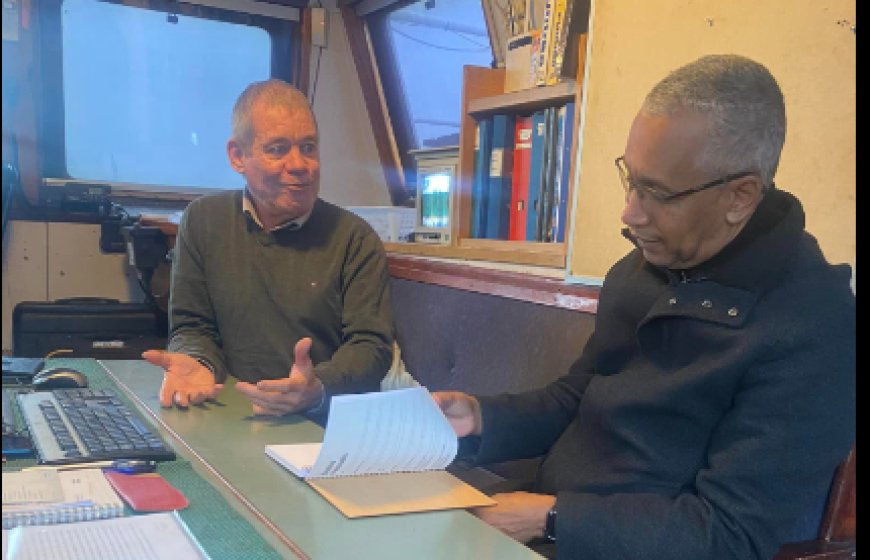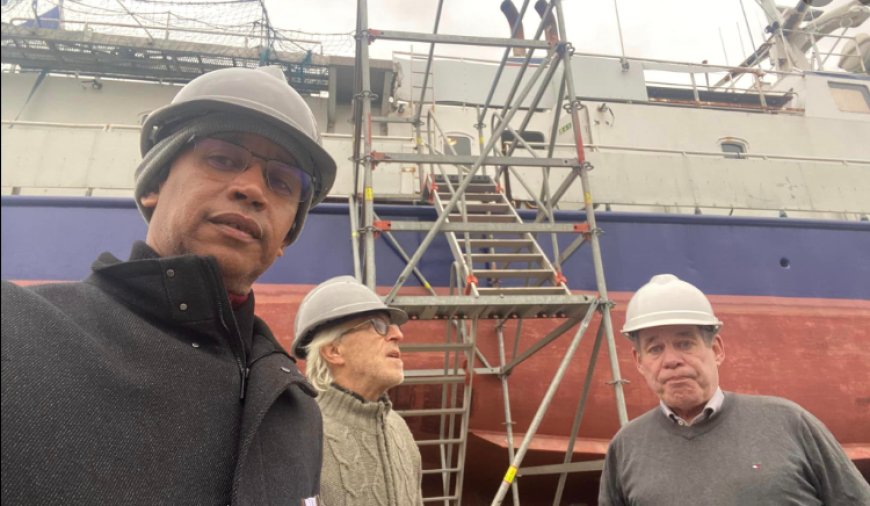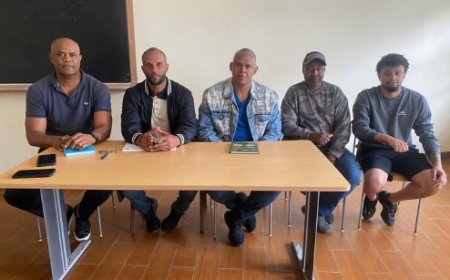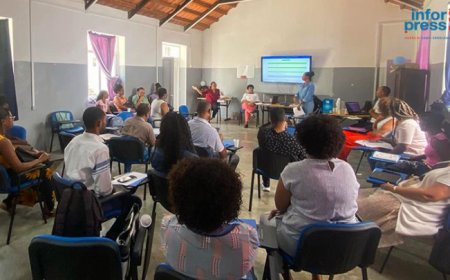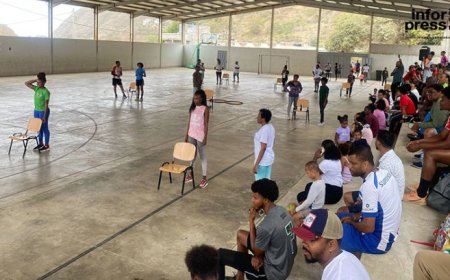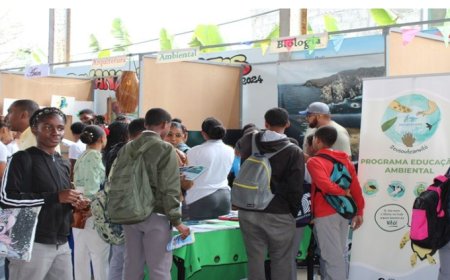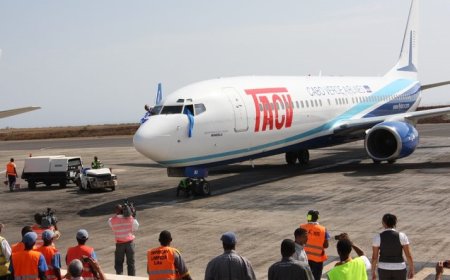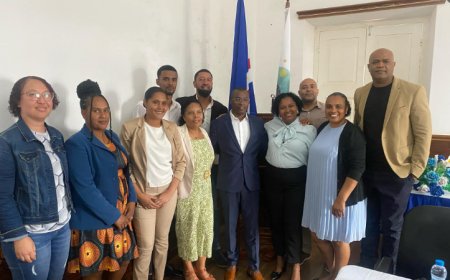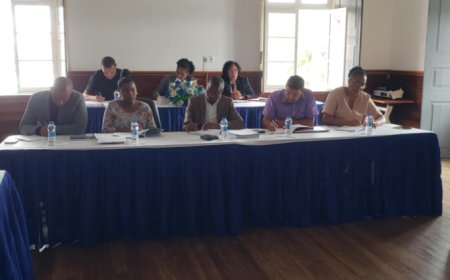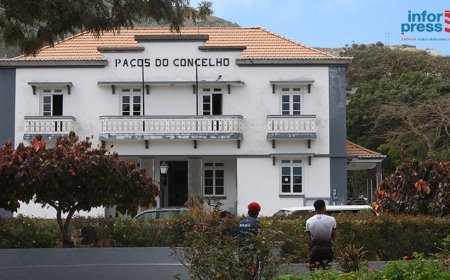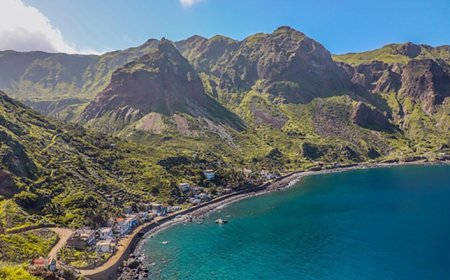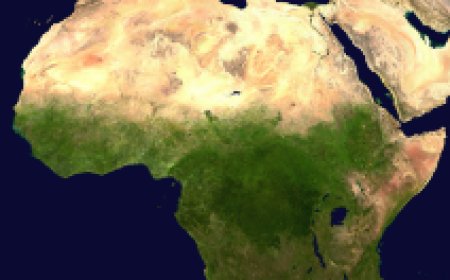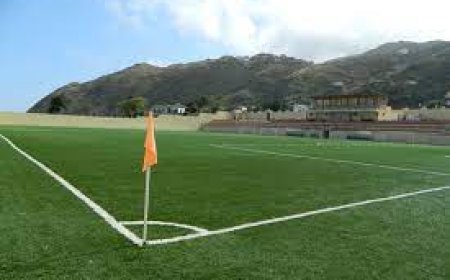The importance of the maritime connection between Brava Island and Fogo Island - A Boost for tourism, response to medical emergencies and free movement of people and goods
Cape Verde's stunning islands are known for their natural beauty and rich culture, offering visitors a unique experience. However, connectivity between some islands is still a challenge, affecting crucial aspects such as tourism, response to medical emergencies and the mobility of goods and people. This article highlights the importance of the maritime link between Ilha Brava and Ilha do Fogo, exploring how this infrastructure can boost tourism, improve emergency medical services and facilitate free movement.
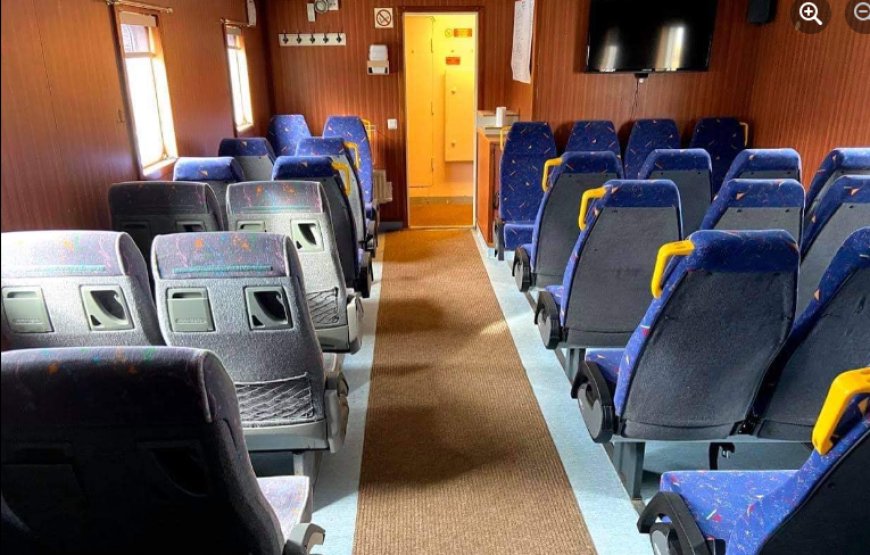
Connectivity between Brava Island and Fogo Island plays a crucial role in the development of the tourism sector. The easy and efficient accessibility between these two islands creates a synergy that benefits both regions. Tourists looking for authentic experiences are attracted by the geographic and cultural diversity offered by each island. By facilitating maritime transport, tourism opportunities increase, resulting in a positive economic impact for both communities.
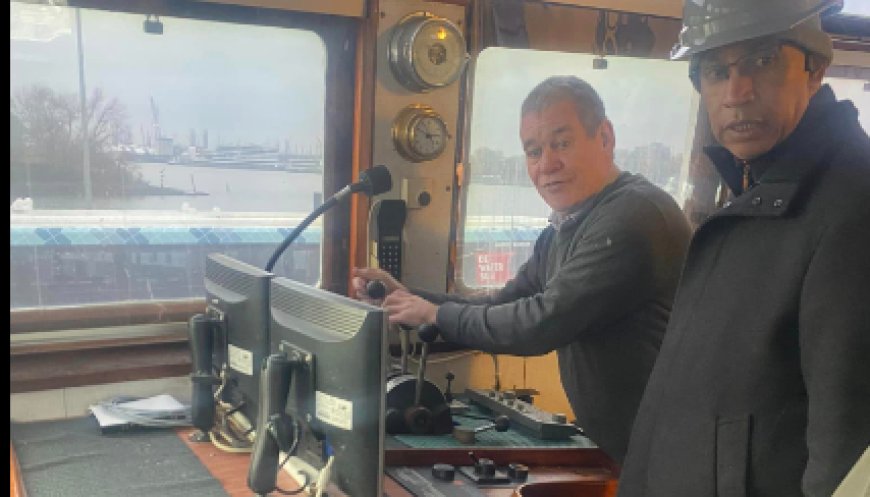
An effective maritime link between the two islands is vital in medical emergency situations. Response time is crucial when it comes to saving lives, and the availability of reliable transportation between Ilha Brava and Ilha do Fogo could be the difference between life and death. Patients and medical staff can be transported efficiently, ensuring residents have quick access to specialized medical care when needed.
Maritime transport infrastructure not only facilitates tourism and emergency response, but also promotes the free movement of people and goods. Commercial and cultural exchange between the two islands is enriched when transport barriers are reduced. This not only strengthens ties between communities, but also contributes to sustainable economic development by allowing local products to be more easily distributed and traded.
The lack of maritime connection has directly impacted the Cape Verdean diaspora, especially the children of Ilha Brava who reside on other islands or abroad. Many of these individuals have a strong desire to reconnect with their roots, thus contributing to ethnic tourism. The implementation of an efficient maritime link would be a catalyst for this type of tourism, allowing the diaspora to actively contribute to the economic and cultural development of Brava Island.
Despite the clear benefits, implementing an effective maritime link can face logistical, financial and environmental challenges. It is imperative that local authorities and private parties carefully consider these challenges and develop sustainable strategies to overcome them. Investments in infrastructure, careful planning and the active participation of local communities are key elements for the success of this venture.
The maritime connection between Ilha Brava and Ilha do Fogo is more than a matter of convenience; It is an investment in economic growth, security and integration of local communities. By overcoming challenges and promoting efficient transport infrastructure, Cape Verde can further strengthen its position as a vibrant tourist destination and ensure the well-being of its inhabitants. The development of these maritime connections not only facilitates mobility, but also represents a commitment to progress and prosperity for future generations.
Moises Santiago
